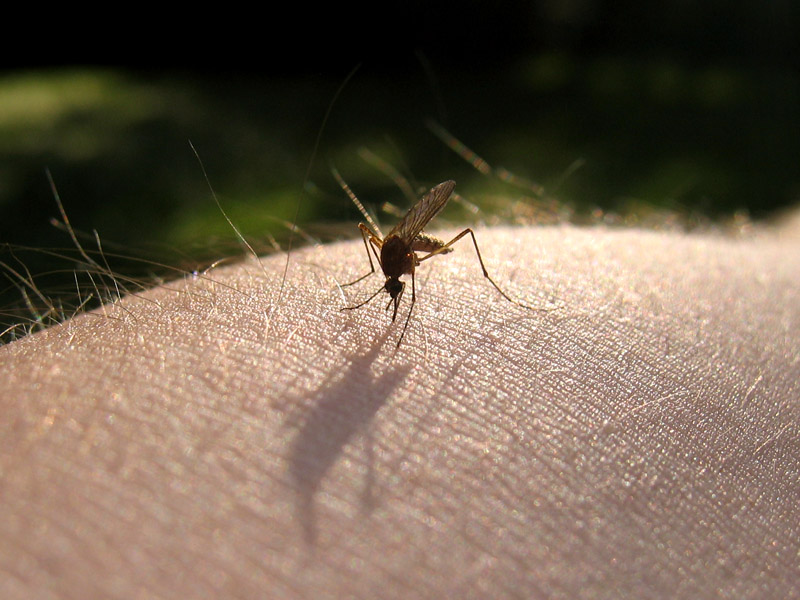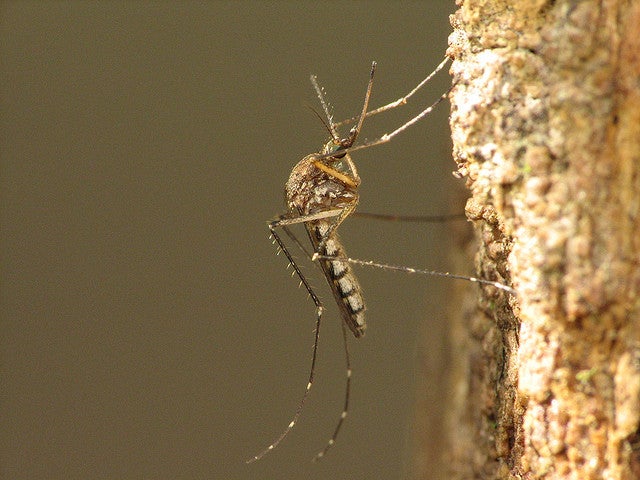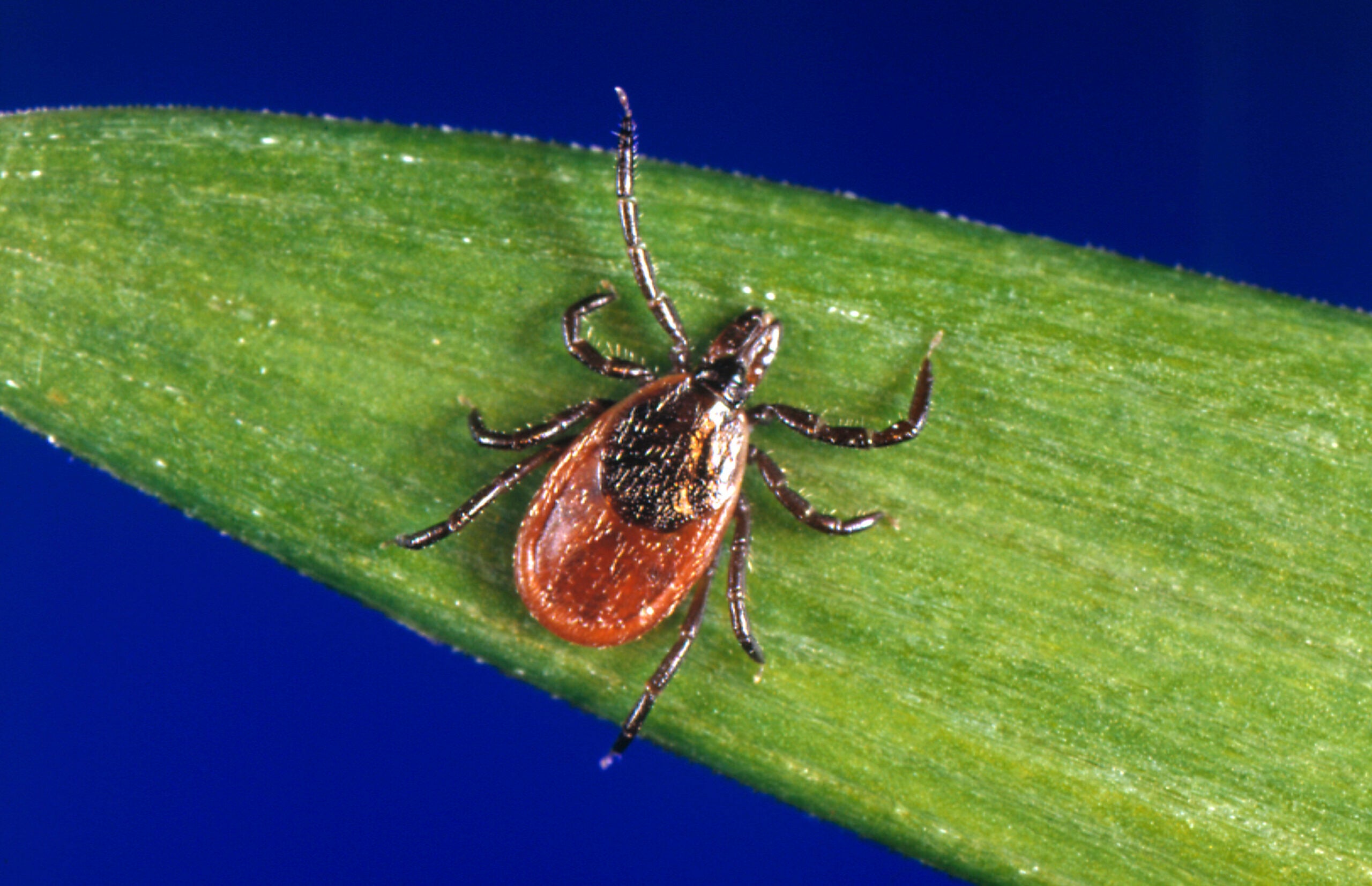Two Wisconsinites have died and a third has been hospitalized because of West Nile virus, according to state health officials.
On Thursday, the Wisconsin Department of Health Services reported the state’s first three cases of the mosquito-borne illness this year.
West Nile virus is spread through the bite of an infected mosquito and cannot be passed from person to person. The state sees an average of 18 cases annually, with cases usually peaking in August or September.
News with a little more humanity
WPR’s “Wisconsin Today” newsletter keeps you connected to the state you love without feeling overwhelmed. No paywall. No agenda. No corporate filter.
DHS epidemiologist Rebecca Osborn said on a call with reporters that Wisconsin has seen cases of West Nile virus every year since it was discovered in the state in 2002. She said the location of cases each year is “quite sporadic.”
“It’s an unpredictable disease at times,” Osborn said. “We can have as few as one or two cases in a given year, and we can have as many as 52 cases, I think was our record. So there’s this sort of ebb and flow.”
Osborn told reporters around 80 percent of people who are infected with the virus don’t have symptoms. People who do become ill typically develop a fever and experience symptoms similar to influenza, like headache and body aches.
Older adults and those with weakened immune systems are at greatest risk of severe illness, which can be fatal. There are anywhere from zero to five deaths from the illness in Wisconsin each year, according to Osborn.
This year’s deaths include a man in his 50s in Brown County and a man in his 70s in Fond du Lac County, both of whom died in August. A woman in her 80s was hospitalized in Outagamie County. All three individuals became ill in July, but Osborn said the cases do not appear to be related.
She said it’s likely the state will see more cases reported before the end of fall, with experts expecting an average year for the disease.
The virus has been detected in two healthy blood donors from Dodge and Washington counties this year. Osborn said that’s not unusual given the large number of people who are asymptomatic. She said the detections can help state health officials track the virus, which has also been found in mosquitoes, birds and horses this year.
DHS encourages anyone who suspects they have the illness should contact their health care provider.
The agency says people should avoid mosquito bites by using insect repellent, wearing long sleeves and avoiding outdoor activities in the evening or early morning when mosquitoes are most active.
Osborn said the mosquitoes that spread West Nile virus are associated with standing water and are often found in urban environments. She said people should avoid collecting rainwater in flower pots, old tires or gutters, which can create ideal breeding environments. Residents should also frequently change the water in bird baths and pet bowls.
Wisconsin Public Radio, © Copyright 2025, Board of Regents of the University of Wisconsin System and Wisconsin Educational Communications Board.






